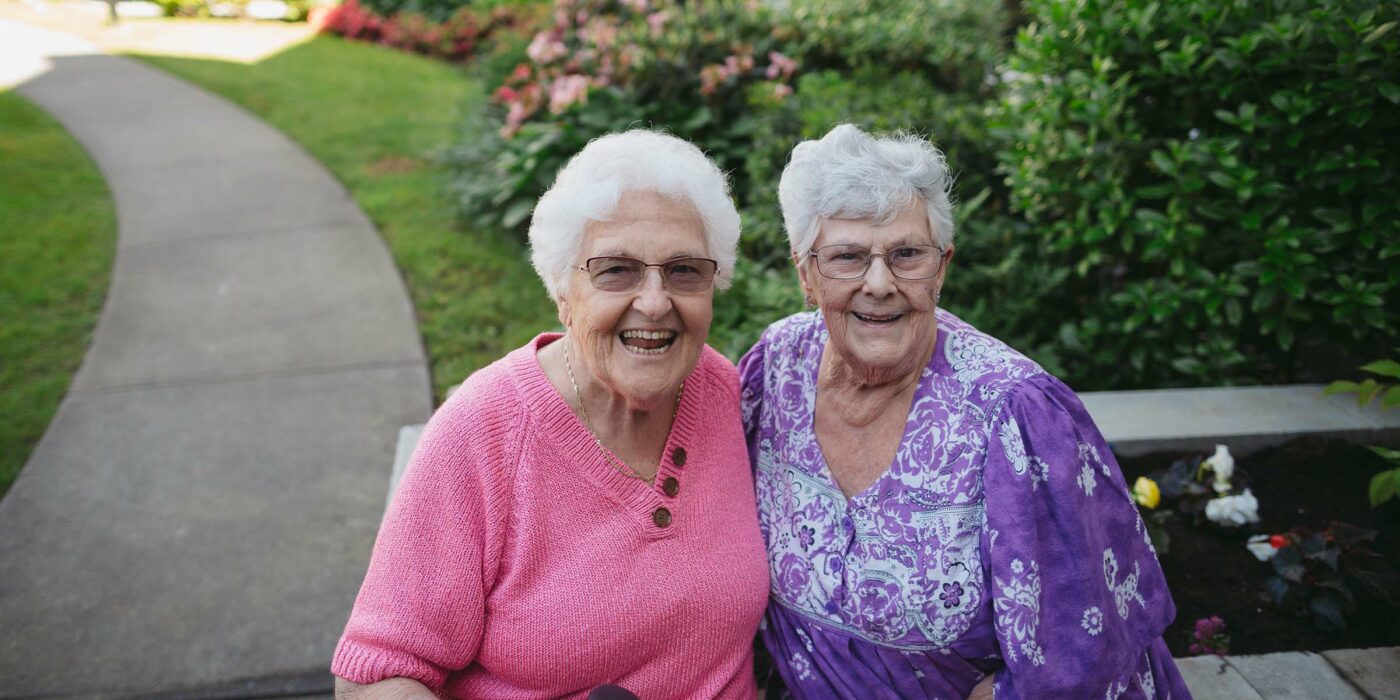It’s one of the hardest conversations many families will have: talking to a parent or loved one about moving into a retirement community. At Harbour Hill Retirement Community, we understand the emotions that come with this transition—uncertainty, worry, and sometimes even guilt. But we also know what’s waiting on the other side: peace of mind, safety, support, and renewed quality of life.
If you’re starting to wonder whether it might be time, this article offers guidance on how to approach the topic with sensitivity and compassion—because how you begin the conversation is just as important as what you say.
Start Small. Listen First.
Before offering suggestions, simply listen. Ask your loved one how they’re feeling. Are they tired of keeping up with household tasks? Feeling isolated? Struggling with mobility or memory?
This step helps them feel heard and respected, rather than managed.
Ease Into the Idea
For many seniors, the idea of moving can feel sudden and overwhelming. Instead of diving into “the talk,” make it a series of lighter, low-pressure conversations.
- Invite them to a community event where other seniors gather.
- Have dinner together in a nearby retirement residence.
- Share positive stories about people you know who made the move and found joy in it.
By gradually introducing the concept, you help replace fear with familiarity.
Emphasize Comfort, Not Limitation
Avoid framing the conversation around what your loved one can no longer do. Focus instead on what life could be like with a little help and a lot more time for the things they love.
- No more worrying about meals or home maintenance.
- Opportunities to connect socially and enjoy daily activities.
- Professional support close by, just in case it’s needed.
Reassure them that a move to Harbour Hill is not about losing independence—it’s about gaining peace of mind and support in a welcoming, home-like setting.
Don’t Dictate—Invite Dialogue
No one wants to feel like they’re being told what to do, especially when it comes to life decisions. Approach the conversation as a team.
Try phrases like:
- “How are you really feeling these days at home?”
- “Would you be open to just taking a tour together?”
- “We’ll go at your pace—whatever feels right for you.”
This collaborative approach can help avoid resistance and build trust.
Signs It Might Be Time
While every situation is unique, some signs may indicate a move could help:
- Repeated forgetfulness or missed medications.
- A noticeable drop in personal care or nutrition.
- Feelings of loneliness, anxiety, or depression.
- Frequent falls or recent hospitalizations.
- Increased pressure on caregivers to provide support.
These signs don’t have to trigger an immediate decision—but they can be starting points for an open, honest conversation.
Support from Harbour Hill
You don’t have to navigate this journey alone. At Harbour Hill, we’re here to answer your questions, guide you through your options, and help your loved one feel welcome and supported from the very beginning.
Our team understands that moving is not just a physical shift—it’s an emotional one, too. And we believe it should be done with care, patience, and a deep respect for the person at the heart of the decision.
When the time is right, we’ll be here to help make the transition as smooth and comforting as possible—for everyone involved.

